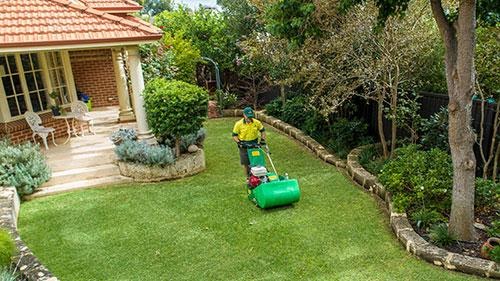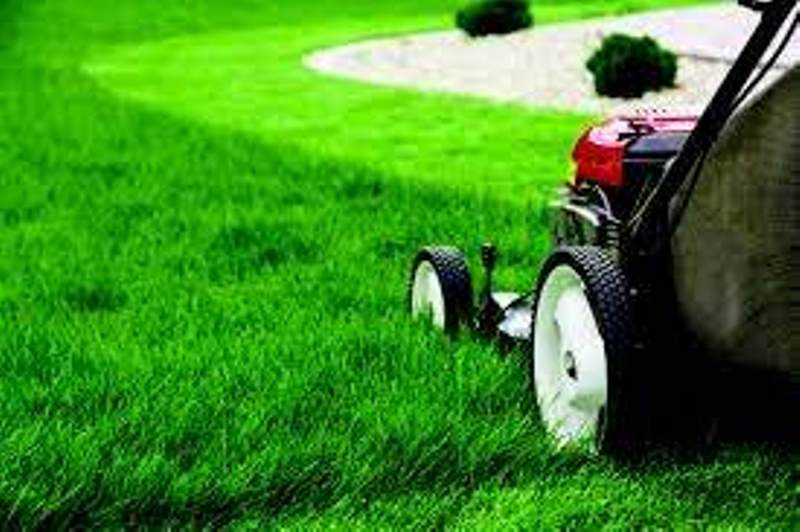Love it or hate it, lawn mowing is one of the essential tasks to keep your garden maintained. Regular grass cutting not only removes the weeds and makes the grass beautiful, but it also keeps the lawn healthy. Lawn mowing is a time taking process, so it should be done properly so that you don’t have to repeat any of the steps. Today, we will discuss some of the tips that will helpful to maintain your garden effectively.
Select the right model
You will find different models and designs of the mower in the market. However, you need to choose the right maintenance tool to get the desired results. For instance, you cannot invest in a riding mower if the lawn is small or average-sized. Such a large mower will make more harm to your lawn because of its extra power and large dimensions.
Choose a manual push mower in case you own a small or medium-sized yard. Its cutting width should be sufficient to cover the area without taking much time. Similarly, you should try a self-propelled mower for bigger areas.
Maintain the mower at regular intervals
Regular servicing of a mower at the start of every mowing seasons is necessary to get smooth and even cuts. Blunt blades will injure the grasses instead of cutting them, which will eventually result in brown patches on your lawn. If you own petrol propelled mower, then there are multiple steps to maintain its engine.
In case you are not comfortable checking the spark plugs, air filter or carburettor, then take the mower to a local serviceman. Contact the manufacturers if the machine is under warranty.
Do not scalp
None of the lawns like scalps. Do not cut the grass at their shortest possible length, just because you hate lawn mowing. At such a short height, the grasses will appear very unhealthy. Moreover, short grasses go dry in summers and become a fire hazard as well.
Lawn scalps are unavoidable if you are using the lowest cutting height in a mower. So, we recommend you to cut the grasses a bit longer so that they can consume more nutrients.
Keep the mower blades sharp
Cutting the lawn grasses with a blunt blade could be the worst thing you can do to them. Primary results will be uneven cuts that will appear like the blades have ripped apart the grasses instead of cutting them. The grasses will be prone to multiple diseases in such a situation and soon you will start noticing brown patches all over your lawn.
If you want to avoid such an unruly appearance, then sharpen the mower blades whenever the new season starts. Sharp blades will provide you with proportional cuts and the grasses will also remain healthy as well as attractive.
Change the cutting height according to the season
We were discussing how you can avoid scalping the yard. Apart from that, you should also change the cutting height depending upon the climate. For instance, cut the grasses a little shorter during spring because the they already have a lot of moisture content in the form of precipitation.
During summers, the grass cutting height should be raised to offer more shade to the soil around their roots. Giving them some extra length will maintain their nutrient supply. Hence, your lawn will appear healthy and attractive.
Avoid lawn mowing if there is too much moisture
We try to complete house maintenance tasks whenever we have some free time. For instance, you are available every Saturday and it’s when you prefer to mow the lawn. Such a determination is appreciated, but sad to state that it’s not the best approach towards lawn maintenance.
If it was raining on Saturday when you are available at home, then there is no need to use the mower. Stepping on wet grass is dangerous and you might not be able to move the mower as well. So, sacrifice your plan and wait for the grasses to dry up to some extent.
Takeaways
You might make some changes in your lawn maintenance schedule after reading the above-mentioned tips. Getting the best out of your yard is not tough, but you need to know some of the basic tricks. Feel confident, use the right tools, mow at the right time and you will get the desired results.




















